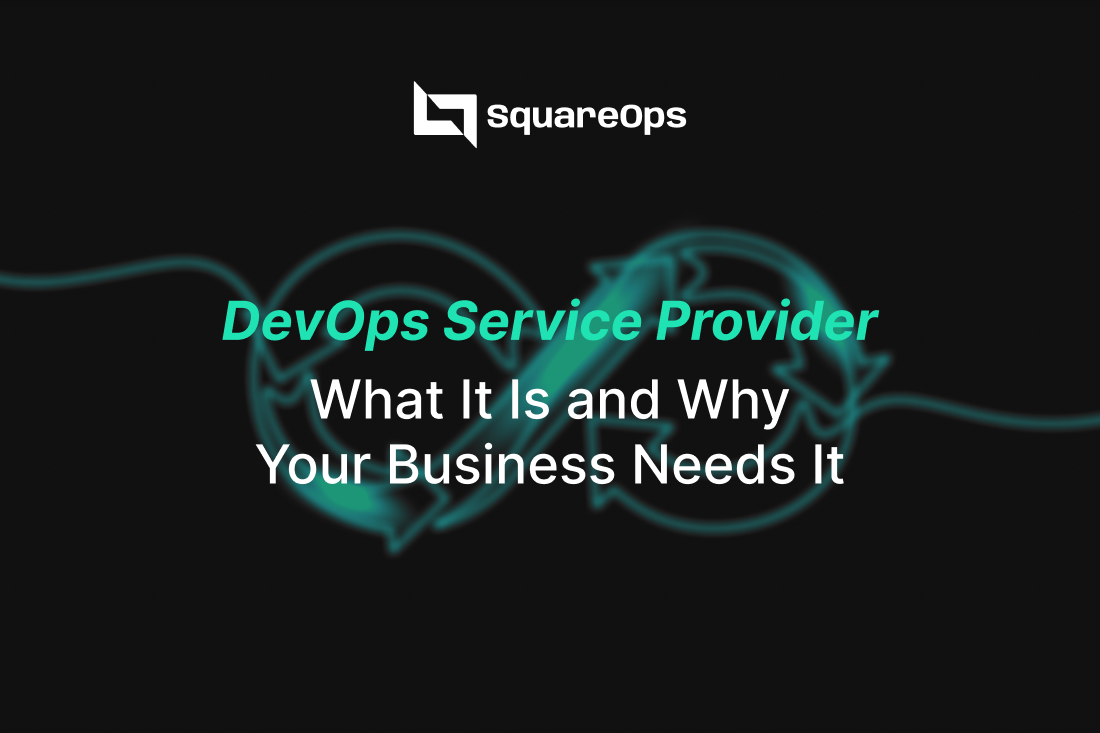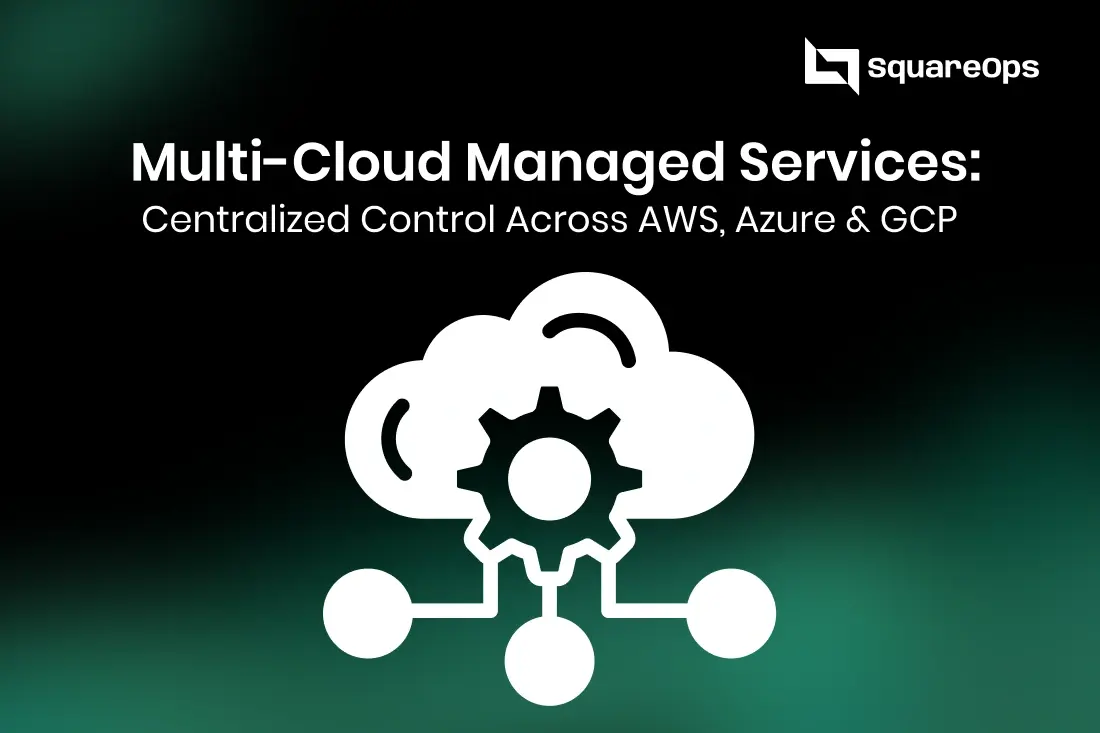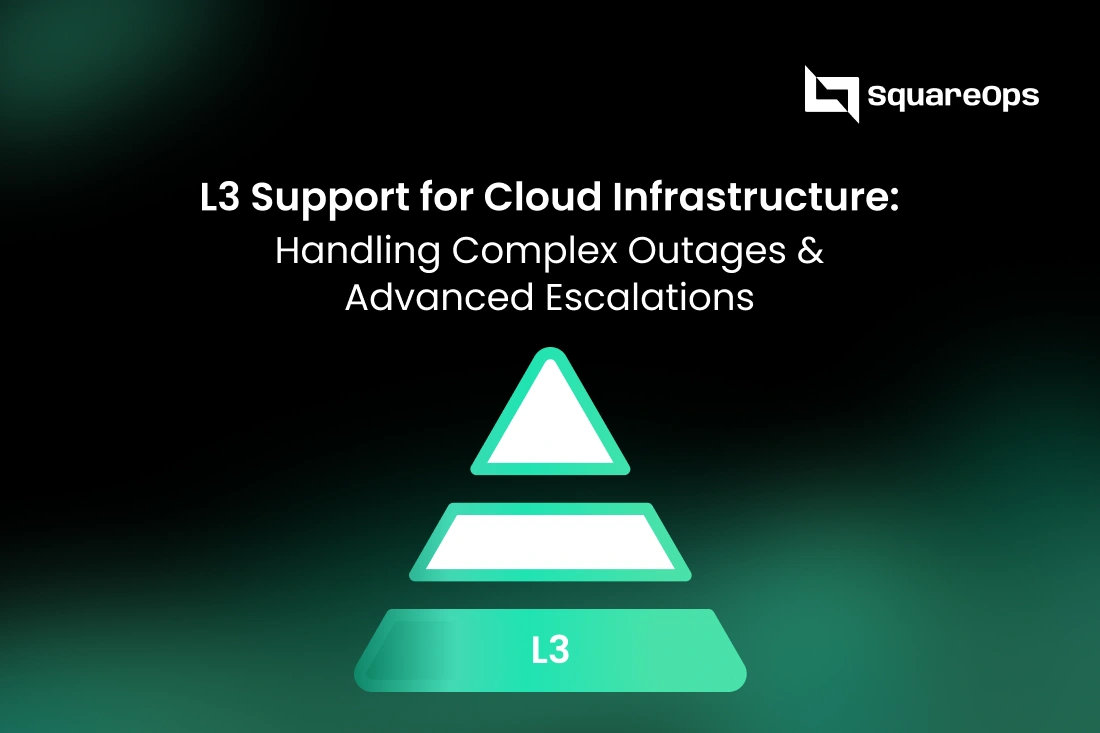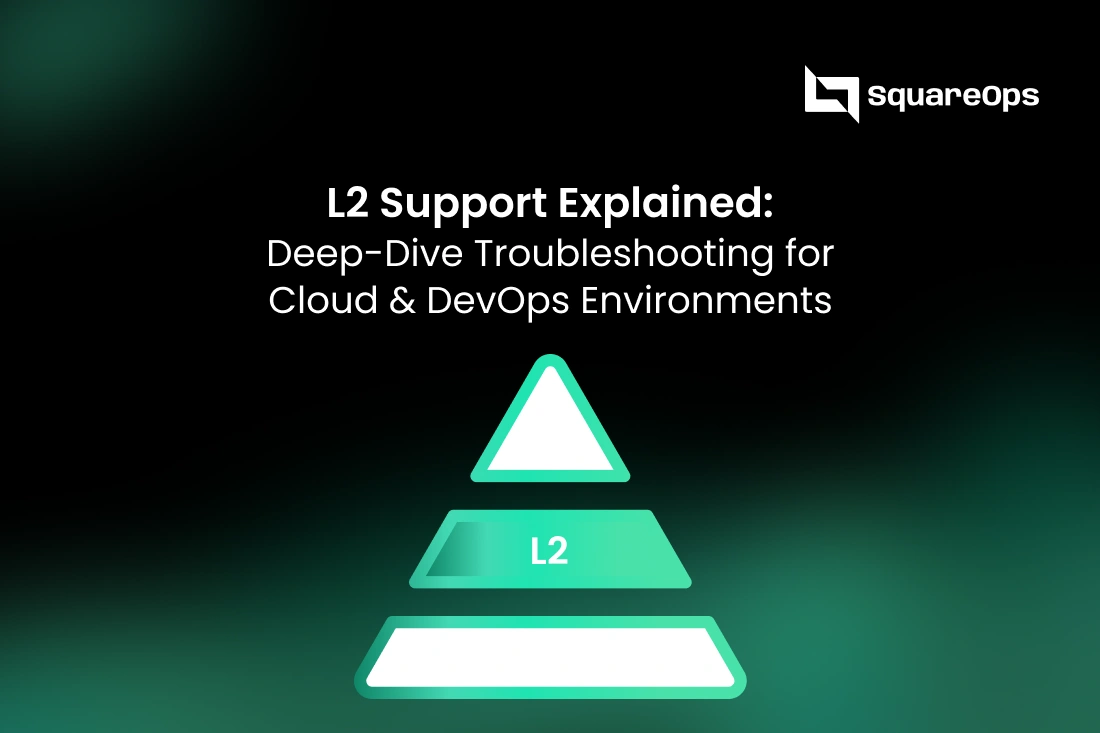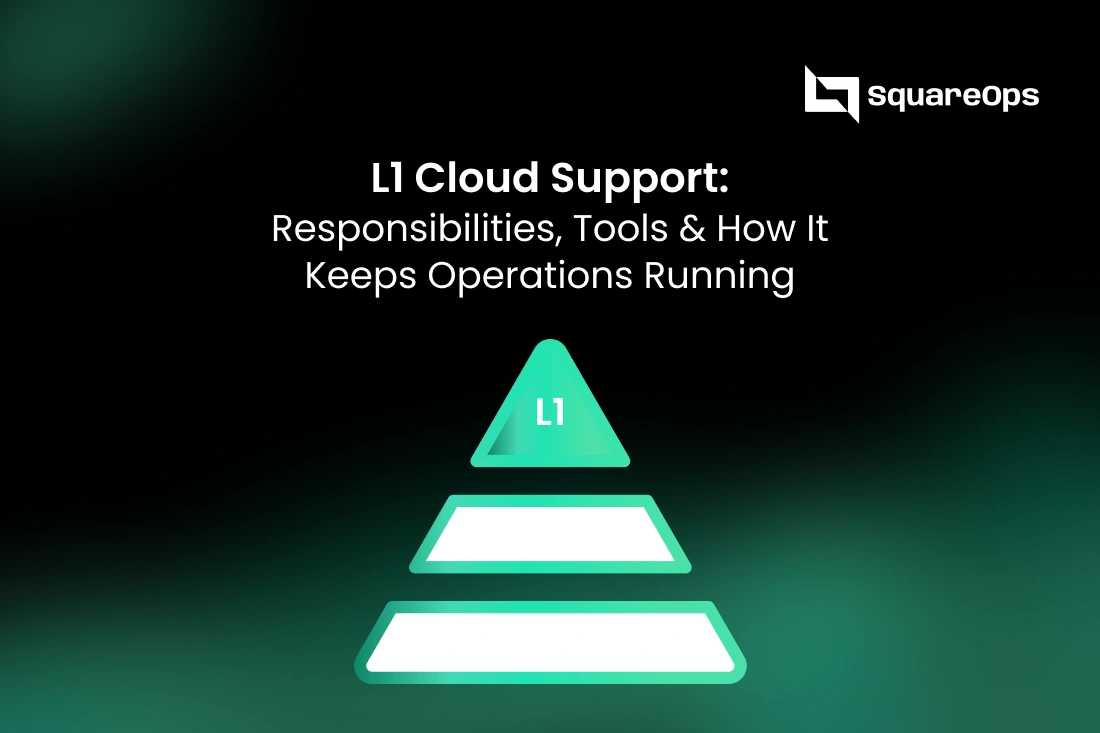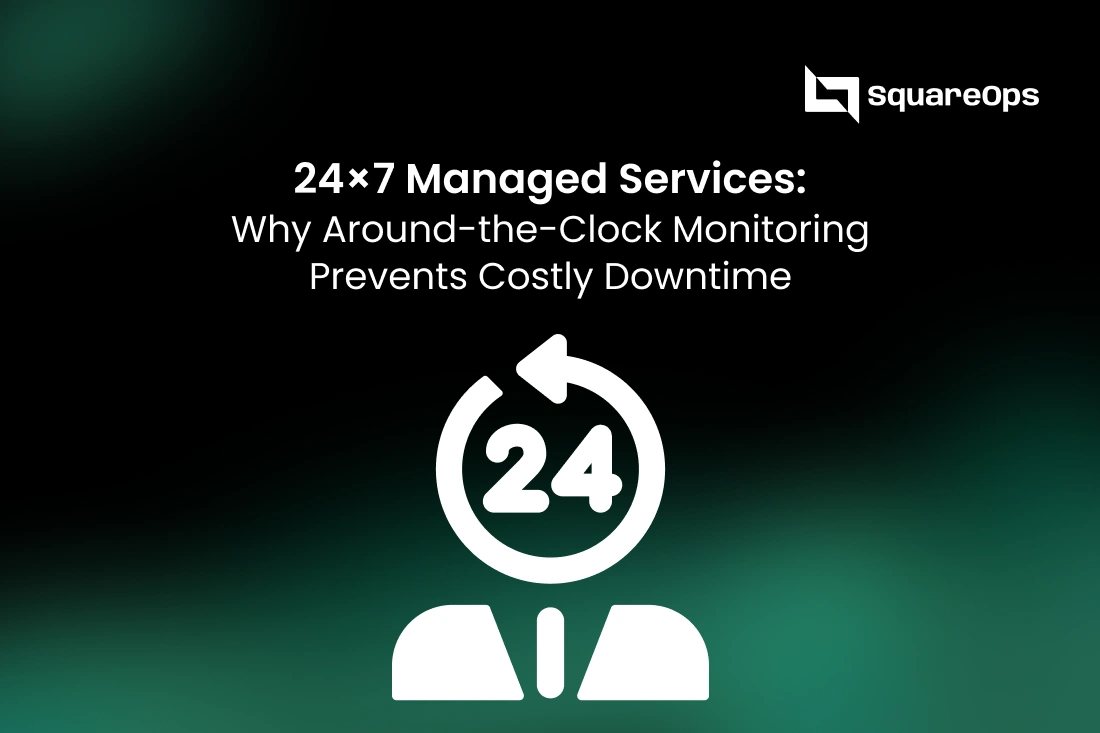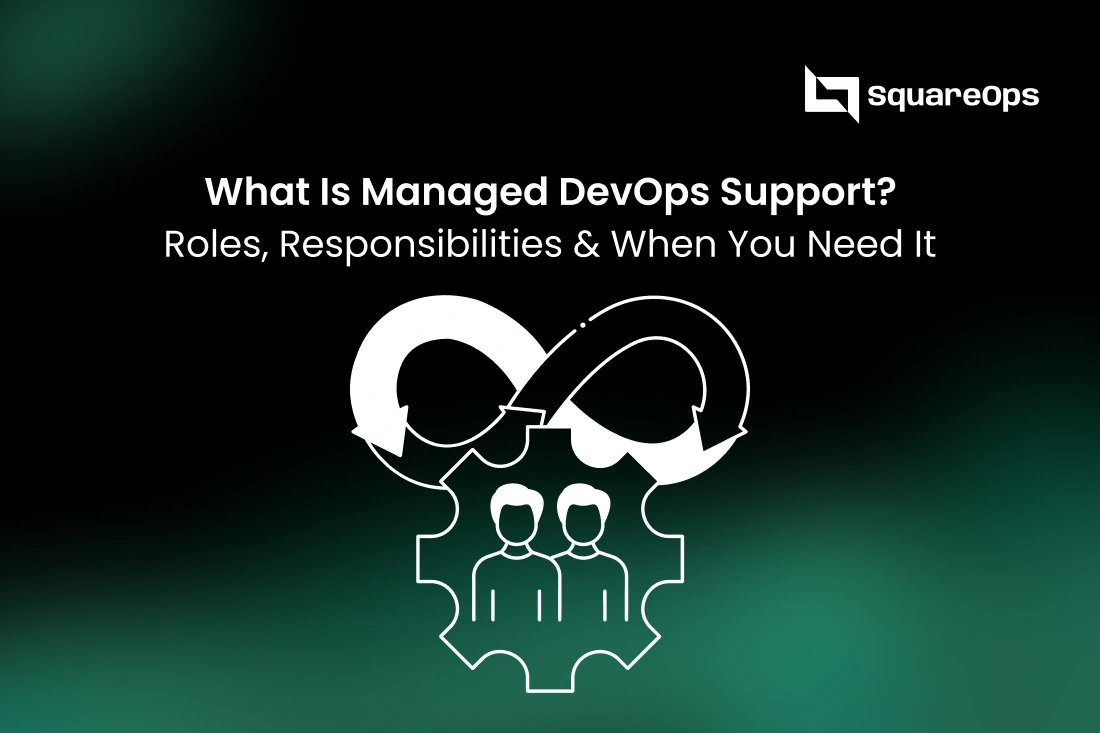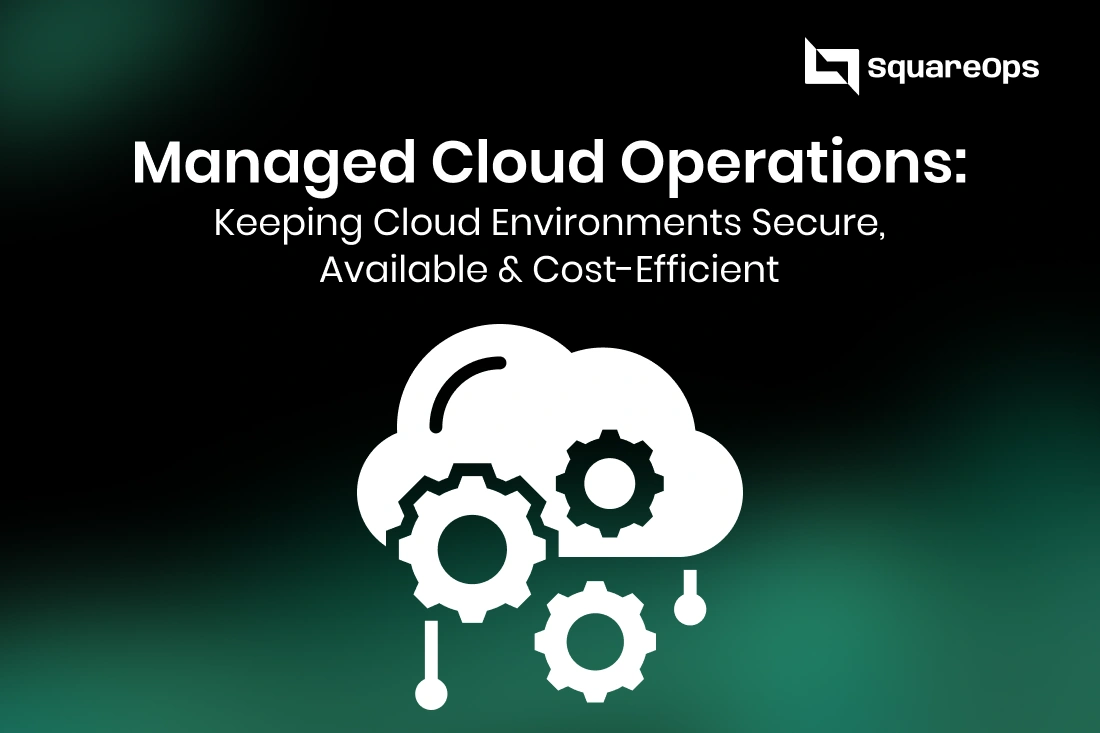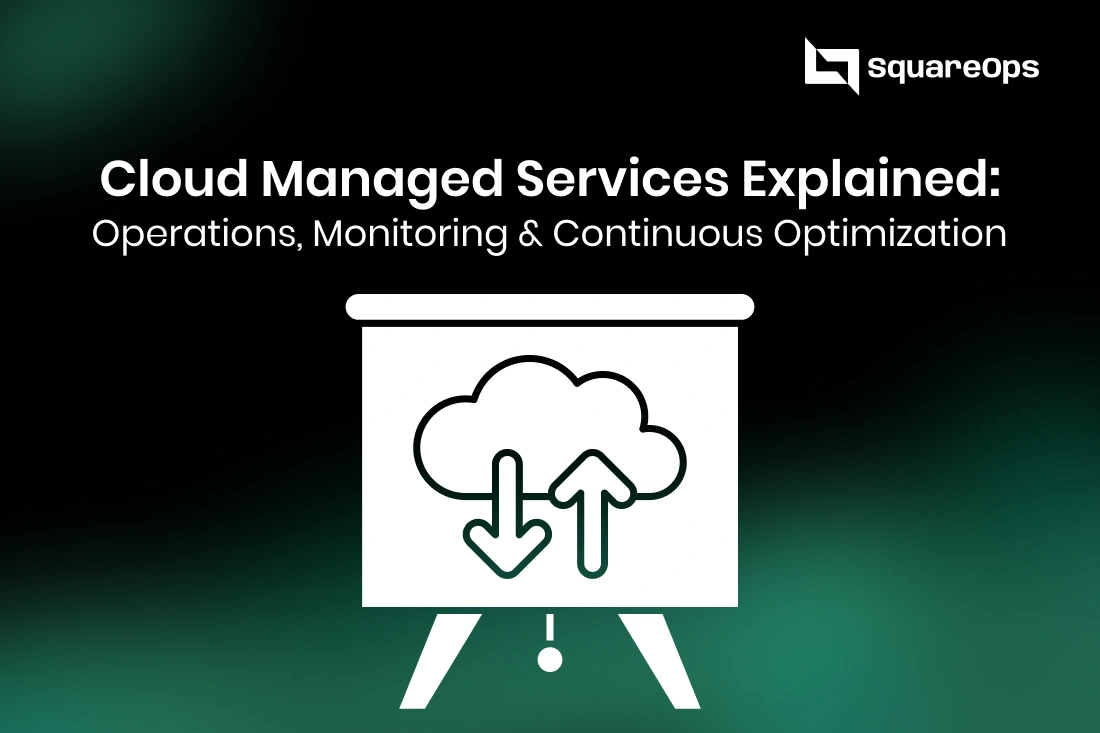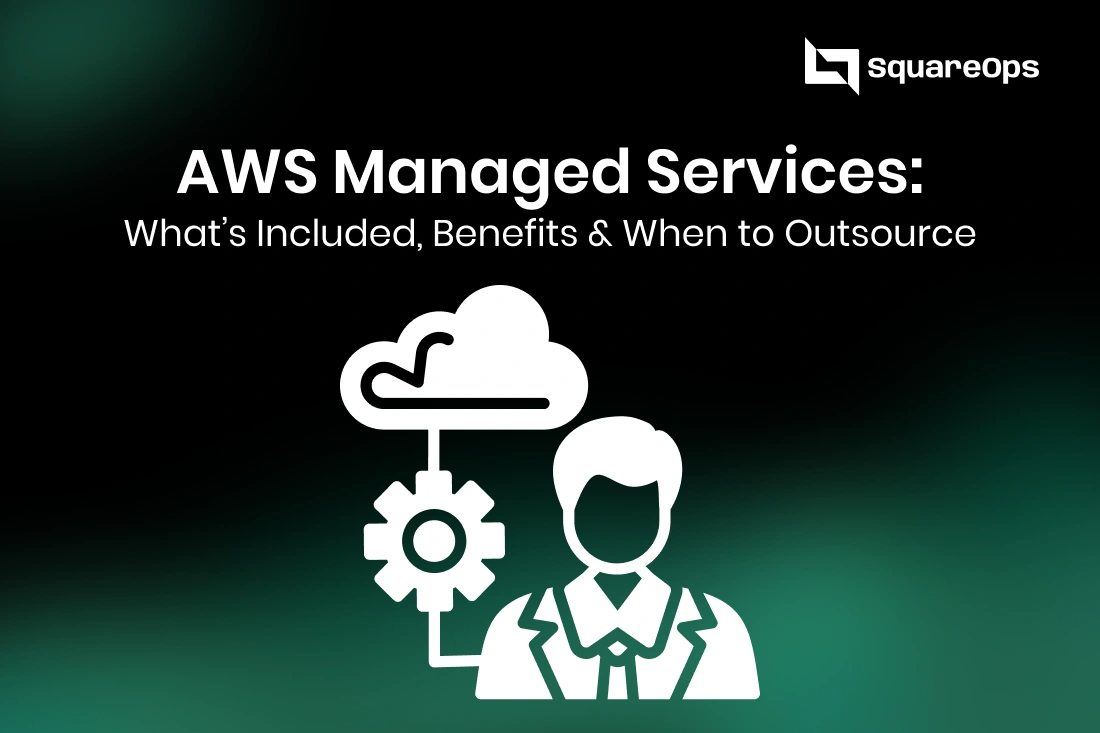Introduction
In 2025, the speed of digital innovation defines success. Businesses must release software faster, fix bugs quicker, and ensure systems scale without fail. But delivering high-quality software at scale requires more than just code—it demands cultural transformation, automation, and integrated infrastructure. This is where a DevOps service provider plays a vital role.
This article explores what a DevOps service provider is, the core services they offer, and why your business—regardless of size—should consider partnering with one to stay competitive and resilient.
What is a DevOps Service Provider?
A DevOps service provider is a specialized partner that helps businesses adopt and implement DevOps practices. They bridge the gap between software development and IT operations by enabling automation, CI/CD pipelines, infrastructure scalability, and continuous monitoring.
In essence, they help you:
- Deploy faster with fewer bugs
- Scale your infrastructure seamlessly
- Improve system uptime and recovery
- Integrate security into development
These providers offer services ranging from DevOps consulting and implementation to managed DevOps services, tailored to your team’s maturity and business goals.
Core Services Offered by DevOps Service Providers
1. CI/CD Pipeline Implementation
- Automate build, test, and deployment pipelines
- Support tools like Jenkins, GitHub Actions, GitLab CI, and ArgoCD
- Enable zero-downtime deployments
2. Infrastructure as Code (IaC)
- Provision resources with Terraform, Pulumi, CloudFormation
- Maintain consistent environments across dev, staging, and prod
3. Cloud Migration & Infrastructure Setup
- Migrate workloads to AWS, Azure, or GCP
- Set up Kubernetes clusters, load balancers, and monitoring stacks
4. Security Automation (DevSecOps)
- Automate vulnerability scanning and compliance checks
- Integrate tools like Snyk, Prisma Cloud, and Checkov
5. Monitoring and Observability
- Set up monitoring using Prometheus, Datadog, ELK, Grafana
- Establish alerting workflows and dashboards for MTTR tracking
6. Cost Optimization and Scalability
- Analyze usage and rightsize instances
- Implement autoscaling, spot instances, and budgeting tools
7. Ongoing Support & Managed DevOps
- 24/7 monitoring and incident response
Regular updates and performance audits
Why Your Business Needs a DevOps Service Provider
1. Accelerate Time to Market
Manual deployments slow down product releases. DevOps partners automate and optimize delivery to reduce time-to-market by 50% or more.
2. Scale Without Downtime
With cloud-native best practices and orchestration (e.g., Kubernetes), you can grow without worrying about crashes or outages.
3. Reduce Risk and Improve Quality
CI/CD pipelines and automated testing reduce bugs in production, increasing release confidence.
4. Lower Operational Costs
Automating routine tasks and optimizing infrastructure leads to leaner operations and reduced overhead.
5. Enable Focus on Core Business
Let your engineering teams build products, not fight fires. DevOps experts handle operations, security, and reliability.
6. Access to DevOps Expertise
Gain instant access to experienced cloud engineers and SREs without the time and cost of in-house hiring.
How to Choose the Right DevOps Partner
- Evaluate Experience: Look at case studies, industries served, and tools used.
- Check Tool Compatibility: Make sure they support your stack (e.g., AWS, GitLab, Kubernetes).
- Ask About Engagement Models: Project-based, staff augmentation, or managed services?
- Ensure Security & Compliance Readiness: HIPAA, GDPR, SOC 2?
Assess Communication & Culture Fit: Daily syncs? Slack support? Time zones?
Why Choose SquareOps as Your DevOps Service Provider?
At SquareOps, we bring deep expertise across cloud platforms, CI/CD tools, observability stacks, and DevSecOps practices. Whether you're launching a new product or modernizing legacy infrastructure, we partner with you to:
- Design resilient, secure, and scalable cloud systems
- Automate delivery with enterprise-grade CI/CD
- Ensure 24/7 uptime with advanced observability and support
From startups to global enterprises, companies trust SquareOps to drive innovation without compromising performance or security.
Ready to future-proof your infrastructure?
Let’s talk.
Conclusion
DevOps is no longer optional—it’s foundational. Partnering with the right DevOps service provider can make or break your cloud transformation and product success.
From rapid releases to security compliance, SquareOps brings a full-stack DevOps team to your fingertips—so you can innovate without friction.
Ready to accelerate your DevOps journey? Let’s connect.
